
Read or listen offline
Amazon KindleRecommendation
Older generations have watched millennials grow up with the internet in their pockets and their private lives online. Do the youngsters really differ from past generations as much as older folks like to believe? Which characteristics really define the crowd born between 1984 and 1996, and how will the world of work change to accommodate them? Universum joined forces with INSEAD, the Emerging Markets Institute and the HEAD Foundation to reality-test common stereotypes in a thorough study and to suggest ways to accommodate millennials in the modern workplace. The result is a more diverse and even-handed look at this much-maligned generation. Anyone holding stereotypes or open questions about millennials may find the analysis useful.
Summary
About the Authors
Universum gathers and analyzes data from universities, alumni groups, and other professional organizations in 60 countries and advises employers that want to attract and retain top personnel through employer branding. To create this report, Universum joined forces with the Emerging Markets Institute, the INSEAD graduate business school and The HEAD Foundation – a think-tank that focuses on issues around human capital, education, leadership and sustainability.





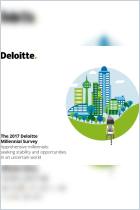

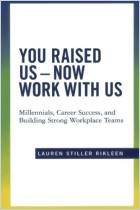
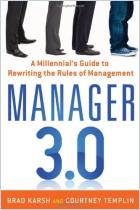
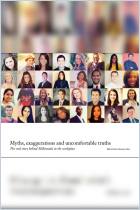
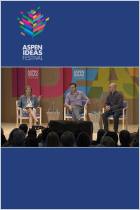




Comment on this summary